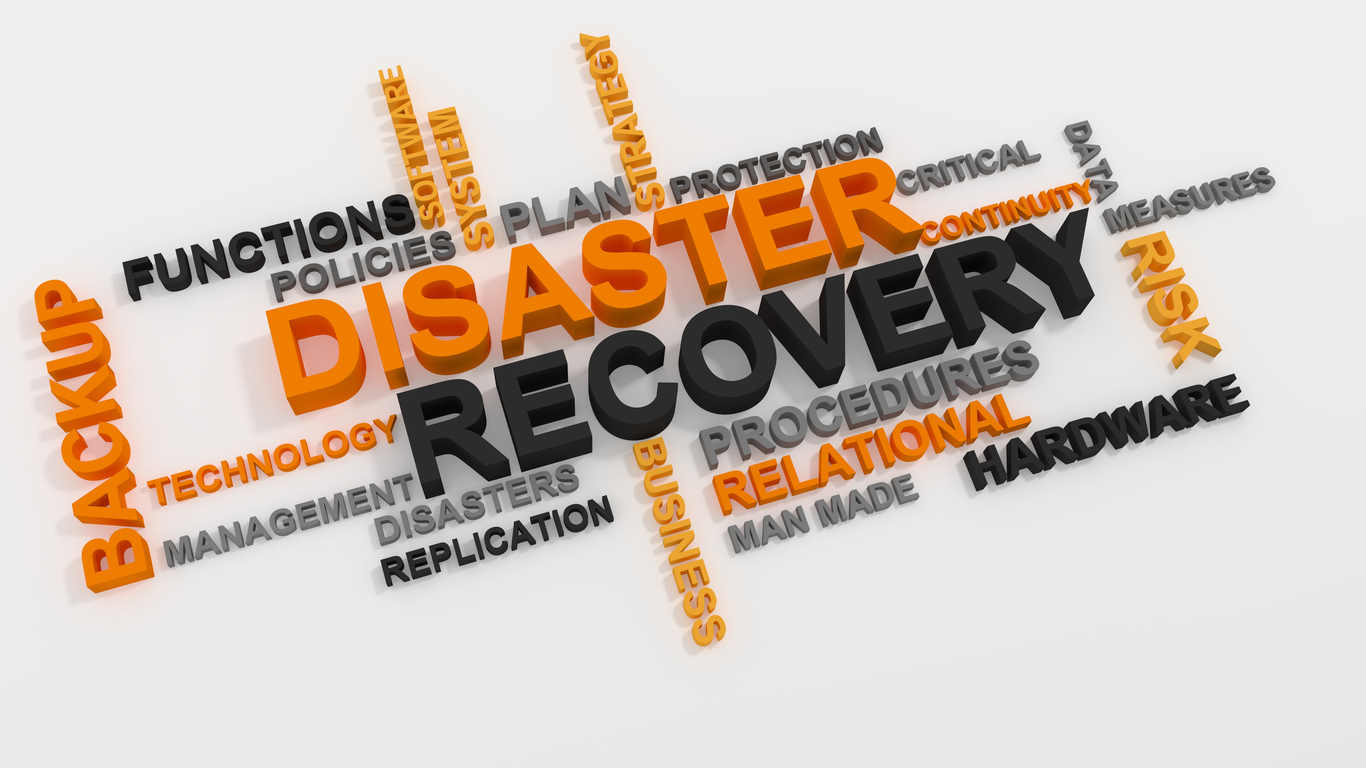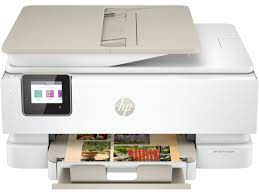Table of Contents
Recovery Information
The idea is that if the device the data was stored on, such as a hard drive, is still minimally functional, there is hope the data can be recovered. We ask for the device or the entire computer in the shop to see what can be recovered. Any recovered data is then put on a flash drive to be used as you see fit.
There is a point where we cannot recover data. In those cases we typically recommend dedicated recovery services such as Ontrack.
Think of any storage device as spots on a board. Each spot represents part or all of a file. Most times we need to recover all the spots associated with the file to consider it a successful recovery. If enough "spots" are damaged to the point of being not readable, the file is lost. Image files can sometimes be partially recovered and still be usable.
How successful a recovery can be done is unknown until it's tried.
Not so fun fact
The most expensive data recovery we've been a part of cost $15,000 and a lot of pain. A $100 dollar backup would have prevented that. See here for backup options.
How is data lost?
- Hard Drive failure due to electronic failure, theft, fire, or water
- Accidentally deleting, editing, or overwriting data
- File corruption for known or unknown reasons.
- Sudden shutdown while saving data.
- Infection or encryption attack.
- Drive with BitLocker enabled rendered unbootable due to loss of encryption key.
- Lost, broken, or failed flash drive, camera card, or internal or external drives.
- Locked out of computer, laptop, tablet, or phone due to forgotten or incorrect login information.
- Locked out of email or social media accounts.
- Lost access to recovery phone number or email.
- Program freeze for no apparent reason before you save the data file.
- Failure of online/cloud backup services including loss of login credentials and unavailability of recovery phone or email.
- Maxing out your cloud backup before you experience a failure.
- You find out your backups have not been working for days, months, years and you need to recover data.
- Data saved somewhere unknown.
- New and creative ways we have not seen yet.
How to avoid data loss
Everyone experiences minor or major data loss. It might be an annoying irritation or a catastrophic failure. It's going to happen so the idea is to move on from minor failures but be able to recover from a major failure.
Go here for that.




